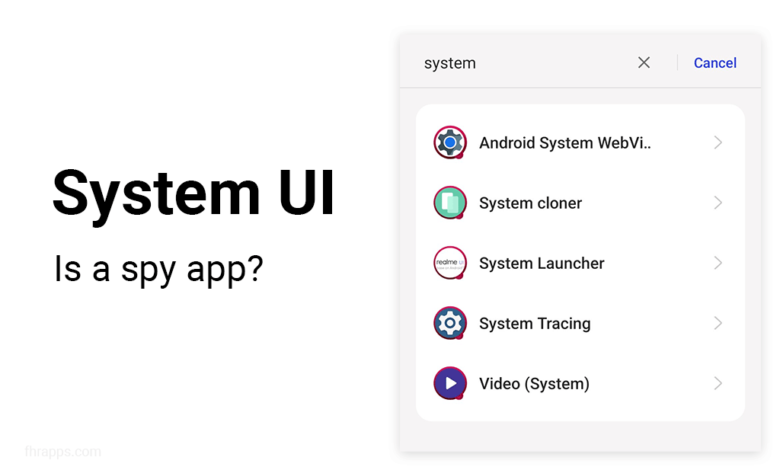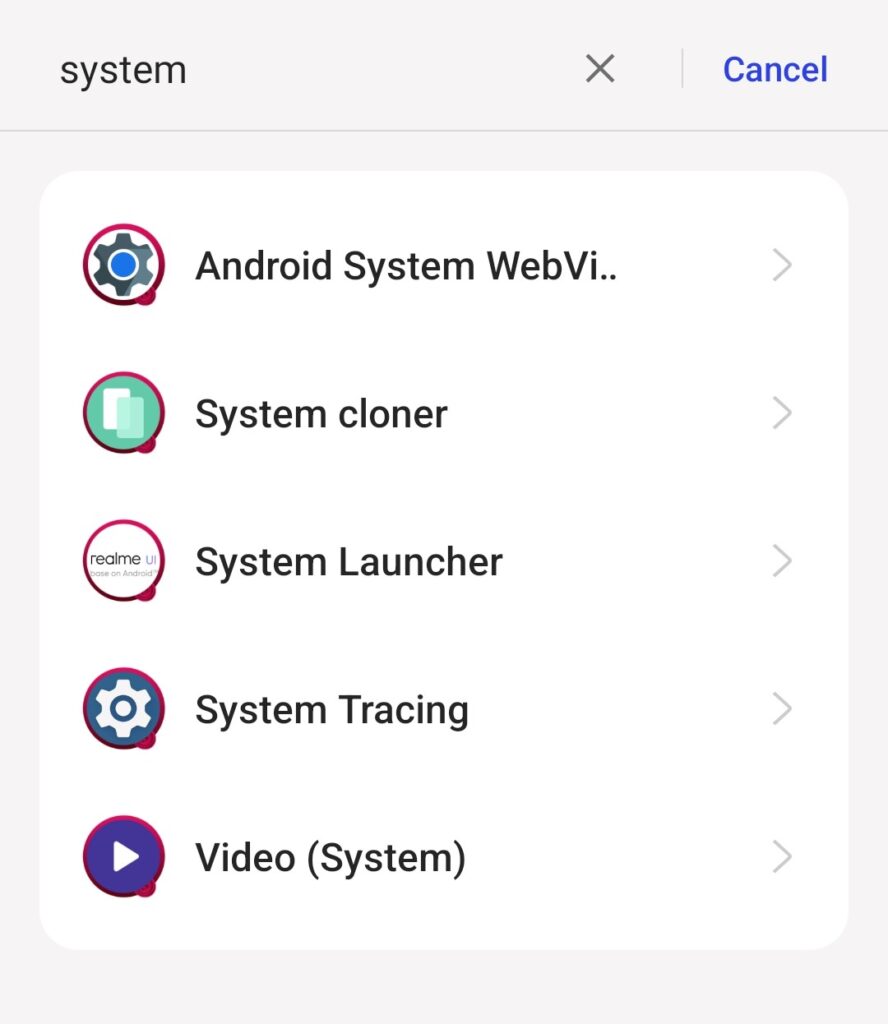
In the world of smartphones and applications, concerns about privacy and security are ever-present. Android users might wonder whether the System UI, an essential part of the Android operating system, could be a spy app. In this article, we delve into the details of System UI, exploring its purpose, functionality, and potential risks. Let’s separate fact from fiction and gain a better understanding of what System UI truly entails.
Is System UI a Spy App?
System UI, short for “System User Interface,” is an integral component of the Android operating system. It is responsible for displaying various graphical elements and user interface elements, such as the status bar, notification shade, and navigation buttons. The primary purpose of System UI is to provide users with an intuitive and seamless interface to interact with their Android devices.
The System UI is not a spy app. It is developed and maintained by Google, the company behind Android, and its source code is open for public review. This transparency ensures that System UI does not engage in any unauthorized data collection or spying on users.
Understanding System UI’s Functionality:

System UI serves crucial functions that contribute to a smooth user experience. Let’s explore some of its key features:
1. Status Bar and Notifications:
The status bar, located at the top of the screen, displays essential information such as battery life, network connectivity, and time. When users receive notifications from various apps, they appear in the notification shade, which can be accessed by swiping down the status bar. The notifications help users stay updated with messages, alerts, and other app-related activities.
2. Navigation Buttons:
System UI includes navigation buttons that facilitate easy navigation within the Android device. These buttons typically include the “Home,” “Back,” and “Recent Apps” buttons. They allow users to switch between apps, return to the home screen, and navigate backward within apps.
3. Quick Settings:
By swiping down the notification shade further, users can access the Quick Settings panel. Here, they can toggle various settings, such as Wi-Fi, Bluetooth, and airplane mode, with just a tap.
4. Screen Rotation and Brightness:
System UI also controls screen orientation and brightness adjustments. When users rotate their devices, System UI detects the change and adjusts the screen orientation accordingly. Similarly, users can adjust the screen brightness via the Quick Settings panel or the settings menu.
Debunking the Spy App Myth:
Despite the clear functionality of System UI, some rumors have circulated regarding its alleged spying capabilities. These speculations are unfounded and often arise from misunderstandings or misinformation. Here are some common myths debunked:
1. System UI Records Personal Conversations:
False. System UI does not have access to the device’s microphone or the ability to record conversations. Any claims suggesting otherwise are baseless.
2. System UI Monitors Internet Activity:
No. System UI does not have internet access, nor does it monitor internet activity. It primarily focuses on managing the device’s user interface.
3. System UI Collects Personal Data:
Incorrect. System UI does not collect or transmit any user data. Its role is limited to providing an interface for interacting with the device’s operating system.
FAQs:
Can I Disable System UI?
No, you cannot disable System UI entirely. It is a core part of the Android system, and disabling it could lead to significant functionality issues on your device.
Does System UI Consume Battery?
System UI has a minimal impact on battery consumption. It is designed to be efficient and does not consume excessive resources.
Can I Customize System UI?
Customization options for System UI might vary depending on the Android version and device manufacturer. Some Android skins and launchers allow limited UI customization.
Is System UI the Same on All Android Devices?
While the core functions remain similar, System UI may vary slightly across different Android devices due to manufacturer customizations.
How Often Does Google Update System UI?
Google regularly releases updates for the Android operating system, which may include improvements and enhancements to the System UI.
Is System UI Open-Source?
Yes, System UI is open-source, allowing developers and users to review its code for transparency and security purposes.
Conclusion:
In conclusion, System UI is not a spy app but an essential part of the Android operating system. Its purpose is to provide users with an intuitive and seamless interface for interacting with their devices. The myths surrounding its spying capabilities are unfounded, and Google maintains transparency by keeping its source code open for public review. Android users can rest assured that System UI is a trustworthy component designed to enhance their overall user experience.
Remember, being informed and staying updated on such topics is crucial in the digital age. By understanding the functionalities of various components, we can make informed decisions and ensure the privacy and security of our devices.

